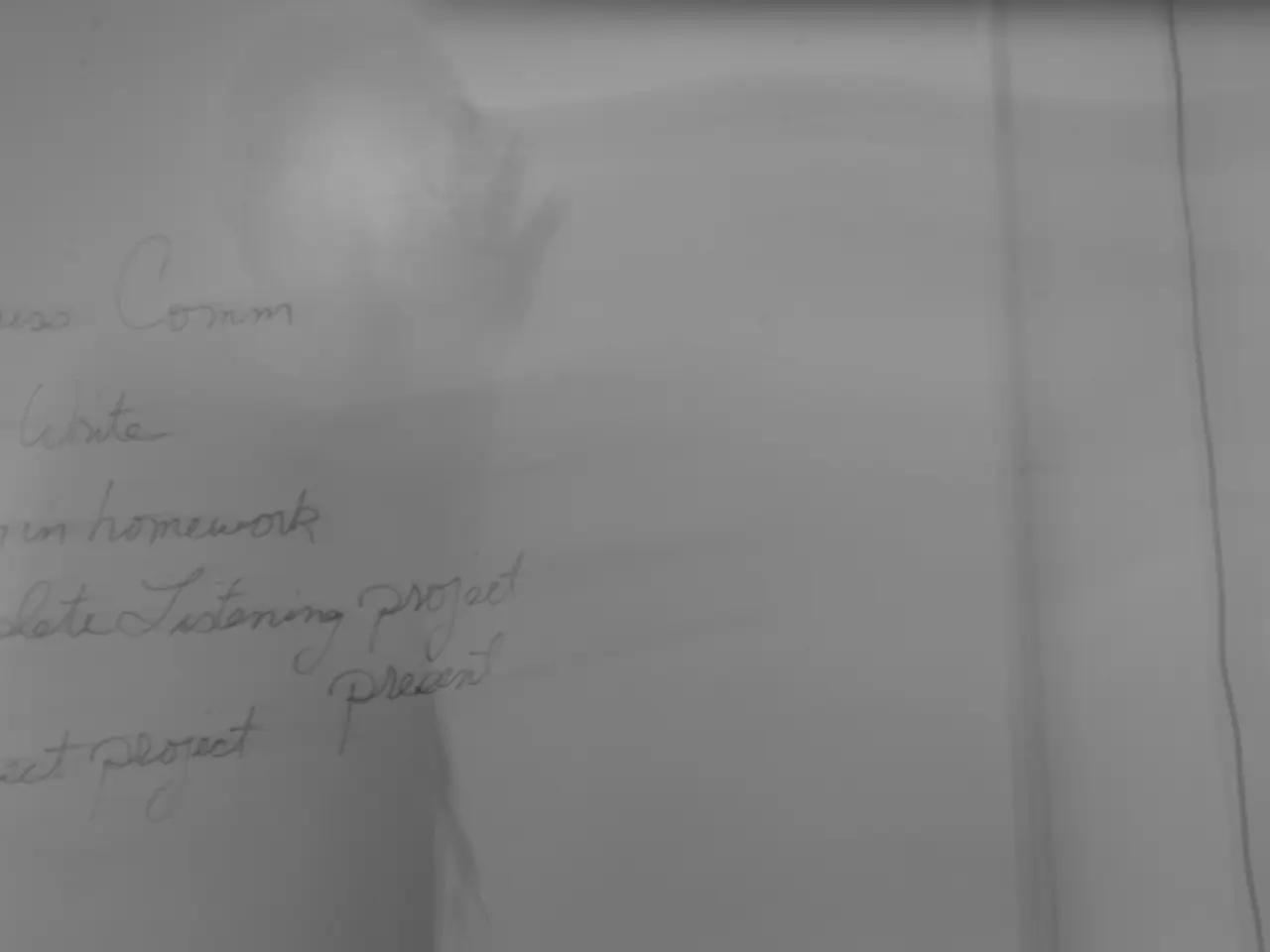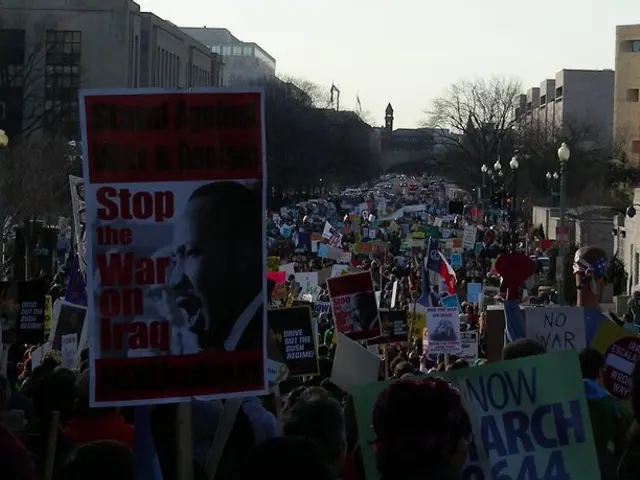Inquiry details about the report delivered to President Reif concerning MIT and Aaron Swartz
In July 2013, MIT released a comprehensive report detailing its involvement in the Aaron Swartz case that spanned from September 2010 to January 2013. The 182-page document, prepared by Professor Hal Abelson and his Review Panel, was commissioned by MIT President L. Rafael Reif just two days after Swartz's tragic suicide.
The report found that neither President Reif nor members of his administration exerted any pressure on the Review Panel in its work. The panel examined approximately 10,000 pages of documents, including legal documents, electronic messages, and correspondence with JSTOR, Swartz's attorneys, and the U.S. Attorney's Office in Boston. They also interviewed around 50 people, including Swartz's father, partner, friends, various attorneys, current and former MIT presidents, and MIT staff members involved in the events pertaining to Swartz.
The report presents eight key questions for consideration and discussion by the entire MIT community, including whether MIT should develop additional on-campus expertise for handling potential computer crime incidents and whether MIT's education should address the personal ethics and legal obligations of technology empowerment.
One of the report's main findings was that MIT did not support the criminal charges against Swartz and cleared the institution of any wrongdoing in his prosecution. However, it also highlighted a contradiction: although MIT advocates for open access to knowledge at an institutional level, it never extended that support to Swartz personally during his legal struggles. For example, MIT considered but ultimately did not issue a public statement clarifying its position on the case.
The report also notes that MIT opposed Swartz's attorneys' requests to publicly release pretrial discovery documents, a stance criticized by Swartz’s supporters. The report gives careful consideration to issues surrounding the Computer Fraud and Abuse Act (CFAA) and concludes that MIT can press for change without necessarily taking sides in all facets of the debate on alternative ways to do reform.
Professor Abelson, the Class of 1922 Professor of Computer Science and Engineering at MIT, is a leader in the openness and democratization of cultural and intellectual resources. He was joined in the preparation of the report by Peter Diamond, Institute Professor emeritus at MIT, Andrew Grosso, principal attorney at Andrew Grosso & Associates, and Douglas Pfeiffer, assistant provost for administration at MIT.
The report does not prescribe changes in MIT policy or procedures, but it does identify areas that might be reviewed and clarified going forward, such as MIT's provision of records and the retention of electronic records. The report also identifies issues that warrant further analysis, including MIT's actions in the investigation and the prosecution of Aaron Swartz.
[1] Criticism of MIT's stance on the release of pretrial discovery documents can be found in various news articles and online forums, such as The Verge's article titled "MIT's review of its role in the Aaron Swartz case is out" (https://www.theverge.com/2013/7/26/4585581/mit-aaron-swartz-report-review-panel-hal-abelson) and The Boston Globe's article titled "MIT report on Aaron Swartz case focuses on missed opportunities" (https://www.bostonglobe.com/metro/2013/07/26/mit-report-on-aaron-swartz-case-focuses-on-missed-opportunities/bGiHvA1JxJWsQT6b0g71sN/story.html).
- The comprehensive report commissioned by MIT President L. Rafael Reif in July 2013 detailed MIT's involvement in the Aaron Swartz case from September 2010 to January 2013.
- The 182-page document was prepared by Professor Hal Abelson and his Review Panel, and it examined approximately 10,000 pages of documents.
- The panel interviewed around 50 people, including Swartz's father, partner, friends, various attorneys, current and former MIT presidents, and MIT staff members.
- The report presents eight key questions for consideration and discussion by the entire MIT community.
- One question is whether MIT should develop additional on-campus expertise for handling potential computer crime incidents.
- Another question is whether MIT's education should address the personal ethics and legal obligations of technology empowerment.
- The report finds that MIT did not support the criminal charges against Swartz and cleared the institution of any wrongdoing in his prosecution.
- However, it also highlights a contradiction: despite MIT's advocacy for open access to knowledge, it did not extend that support to Swartz personally during his legal struggles.
- For example, MIT considered but did not issue a public statement clarifying its position on the case.
- The report also notes that MIT opposed Swartz’s attorneys’ requests to publicly release pretrial discovery documents.
- This stance was criticized by Swartz’s supporters, as seen in various news articles and online forums.
- Professor Abelson, a leader in the openness and democratization of cultural and intellectual resources, was joined in the preparation of the report by other experts.
- The report does not prescribe changes in MIT policy or procedures but identifies areas for potential review and clarification.
- These areas include MIT's provision of records and the retention of electronic records, as well as further analysis of MIT's actions in the investigation and prosecution of Aaron Swartz.




